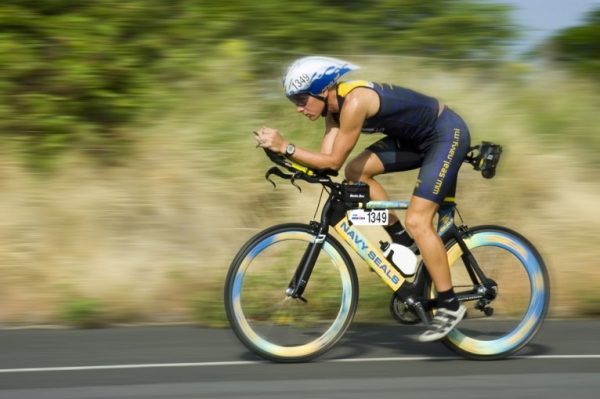
Mind And Body Relationship Drives Athletes Performance
The relationship between the mind and body in athletic performance is intricate and significant. Understanding what drives athletes to succeed can impact on their performance. Successful athletic performance requires a harmonious integration of the mind and body. Athletes who cultivate mental toughness, physical prowess, and holistic well-being will excel in their sport field.
Following mental and physical factors can impact athletes’ performances –
Mindset and beliefs: Athletes’ mental outlook, attitudes, and beliefs can profoundly influence their physical performance. A positive mindset, belief in one’s abilities, and a growth-oriented attitude can enhance motivation, resilience, and overall performance.
Focus and concentration: Mental focus and concentration are crucial for executing skills with precision and reacting quickly to changing game situations. Athletes who can maintain focus amid distractions often perform better under pressure.
Visualization and mental imagery: Mental imagery techniques involve mentally rehearsing movements, strategies, and scenarios. Visualization can enhance athletes’ confidence, technique, and performance by reinforcing neural pathways and preparing the mind for action.
Emotional regulation: Managing emotions such as anxiety, stress, and frustration is essential for optimal performance. Athletes who can regulate their emotions effectively will maintain composure, make sound decisions, and perform at their best.
Physical conditioning: Physical fitness and conditioning are fundamental components of athletic performance. Strength, endurance, flexibility, agility, and speed are all physical attributes that contribute to athletes’ ability to perform at prominent levels.
Nutrition and hydration: Proper nutrition and hydration are critical for supporting athletes’ physical performance and recovery. Nutrient-rich foods, adequate hydration, and proper fueling strategies can optimize energy levels, endurance, and muscle recovery.
Sleep and recovery: Quality sleep is essential for physical and mental recovery, muscle repair, and overall well-being. Athletes who prioritize sleep and recovery will perform well and avoid injuries.
Preparation and planning: Mental preparation, including goal setting, strategy development, and pre-competition routines, is vital for success in sports. Athletes who approach competitions with a well-defined plan and mental readiness are more likely to perform confidently and effectively.
Team dynamics: In team sports, effective communication, cohesion, and trust among teammates are crucial for success. Athletes who can communicate clearly, support one another, and work cohesively as a team often achieve better results.
Goal setting: Setting clear, achievable goals will help athletes stay motivated and focused on their training. Goals should be specific, measurable, attainable, relevant, and time-bound (SMART).
Confidence: Confidence in one’s abilities is crucial for peak athletic performance. Athletes who believe in themselves are more likely to push their limits and perform at their best, even under pressure.
Motivation: Motivation can come from various sources, such as internal drive, external rewards, or the desire to achieve specific goals.
By recognizing and optimizing the interplay between mental and physical factors, athletes can unlock their full potential and achieve peak performance in their respective sports.
Image credit: https://pxhere.com/en/photo/911050 (CC0 Public domain)
Author: Sumana Rao | Posted on: May 7, 2024
« How To Respond To A Person With Passive Aggressive Behavior Quick Ways To Release Stress And Anxiety »






















Write a comment